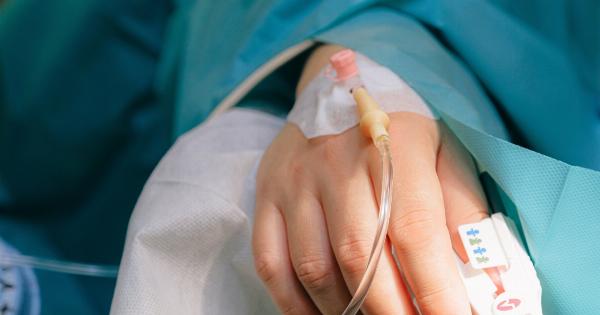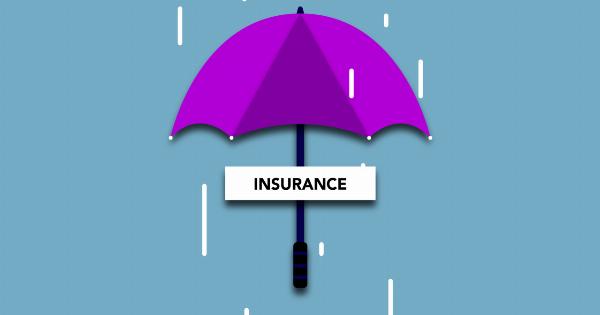Open heart surgery is a major medical procedure often required to treat various cardiovascular conditions such as coronary artery disease, heart valve disorders, and congenital heart defects.
It involves accessing the heart through a surgical incision and may include procedures like coronary artery bypass grafting, valve repair or replacement, or even heart transplant.
After undergoing such a significant operation, patients often wonder when it is safe to resume their normal activities, including vacations.
While it is essential to allow ample time for recovery and follow medical advice, vacations can indeed be safe and enjoyable after open heart surgery under the right circumstances and with necessary precautions.
1. Understanding the Recovery Process
Every patient’s recovery process following open heart surgery is unique, and it can vary depending on several factors like age, overall health, the extent of the procedure, and any postoperative complications.
Initially, patients are closely monitored and progressively mobilized to ensure healing and minimize the risk of complications.
Typically, patients require a hospital stay of around three to seven days after open heart surgery.
Once discharged, they may need several weeks to months for further recovery before they can consider engaging in more physically demanding activities such as vacations.
2. Consult Your Cardiologist
Prior to planning a vacation, it is crucial to consult your cardiologist or healthcare provider. They are familiar with your individual medical history and can offer personalized advice tailored to your specific needs.
Your cardiologist will evaluate your current condition and assess whether you are ready for a trip. They may also recommend any necessary precautions depending on the type and duration of travel you have in mind.
3. Timing is Key
The timing of your vacation after open heart surgery plays a significant role in ensuring safety. It is generally recommended to wait for at least six to eight weeks after the procedure before embarking on a trip.
This period allows for adequate healing of the surgical incision, stabilization of the cardiovascular system, and adjustment to any prescribed medications.
However, the timeline can vary from patient to patient. Some individuals may require a longer recovery period, especially if they experience complications or have additional health issues.
Always defer to your cardiologist’s advice regarding the most suitable timing for your vacation.
4. Destination Selection
The choice of destination for your vacation should also be taken into consideration. It is advisable to opt for a location that provides easy access to medical facilities, should the need arise.
Proximity to quality healthcare ensures prompt attention and appropriate management in case of emergencies.
Furthermore, destinations with extreme climates or high altitudes may not be ideal for individuals recovering from open heart surgery.
Severe hot or cold weather, as well as high altitude, can pose additional stress on the cardiovascular system, potentially impeding the recovery process. Therefore, selecting a moderate climate and lower altitude location is generally preferable.
5. Mode of Travel
The mode of travel you choose can significantly impact your comfort, convenience, and overall safety during the journey.
If you plan to fly to your destination, inform the airline about your medical condition, and seek any necessary accommodations or special services, such as wheelchair assistance or priority boarding.
It is essential to move around periodically during long flights to prevent blood clots from forming in your legs. Compression stockings and proper hydration can also aid in reducing the risk of deep vein thrombosis (DVT).
If you decide to drive, consider taking breaks every couple of hours to stretch your legs and relax. Avoid strenuous activities like lifting heavy luggage and allow yourself ample time to rest during the trip.
6. Pack Wisely
When packing for your vacation after open heart surgery, ensure you include all necessary medications, along with a few extra days’ supply.
It is wise to carry a letter from your cardiologist explaining your condition, medications, and any medical devices you may be using, such as pacemakers or implantable cardioverter-defibrillators (ICDs).
Additionally, pack comfortable clothing and appropriate footwear to ensure ease of movement during your trip. Consider bringing essential medical supplies like bandages, antiseptic creams, and any other items recommended by your healthcare provider.
7. Follow a Healthy Routine
While on vacation, it is crucial to maintain a healthy routine to support your recovery and overall well-being. Eat a balanced diet, stay hydrated, and avoid excessive alcohol consumption.
Engage in moderate physical activities like gentle walks or swimming, if permitted by your cardiologist.
Avoid overexertion and ensure you get an adequate amount of rest each day. Plan activities and excursions at a comfortable pace that allows you to enjoy yourself without causing undue stress on your healing body.
8. Stay Vigilant
Even though you may be enjoying a well-deserved vacation, it is important to stay vigilant about your health. Pay attention to any alarming symptoms such as chest pain, shortness of breath, palpitations, dizziness, or excessive fatigue.
If you experience any concerning symptoms, seek immediate medical attention.
Carry contact information for your cardiologist, as well as local emergency services, at all times. Familiarize yourself with the nearest medical facilities and their emergency protocols.
Remember, early intervention is crucial in managing any potential cardiac issues.
9. Travel Insurance
Purchasing travel insurance specifically tailored to your medical condition is highly recommended. Medical emergencies, especially while traveling, can be financially burdensome.
Having appropriate travel insurance provides peace of mind and ensures access to necessary medical services without incurring exorbitant costs.
Review the policy details carefully to understand coverage for pre-existing conditions, emergency medical care, and medical evacuation or repatriation to your home country if required.
10. Follow-Up Appointment
Upon returning from your vacation, schedule a follow-up appointment with your cardiologist to evaluate your overall progress.
They can assess your current condition, address any concerns that may have arisen during the trip, and make adjustments to your treatment plan if necessary.
Remember, recovery from open heart surgery is an ongoing process, and while vacation can be a fantastic opportunity to relax and rejuvenate, it is essential to prioritize your health and safety.





























